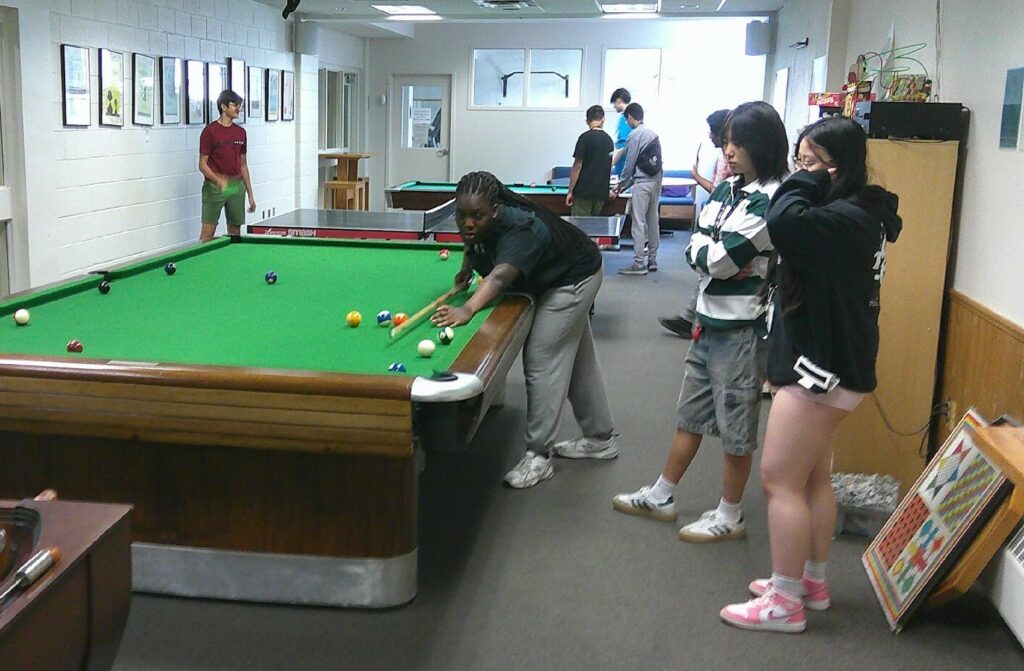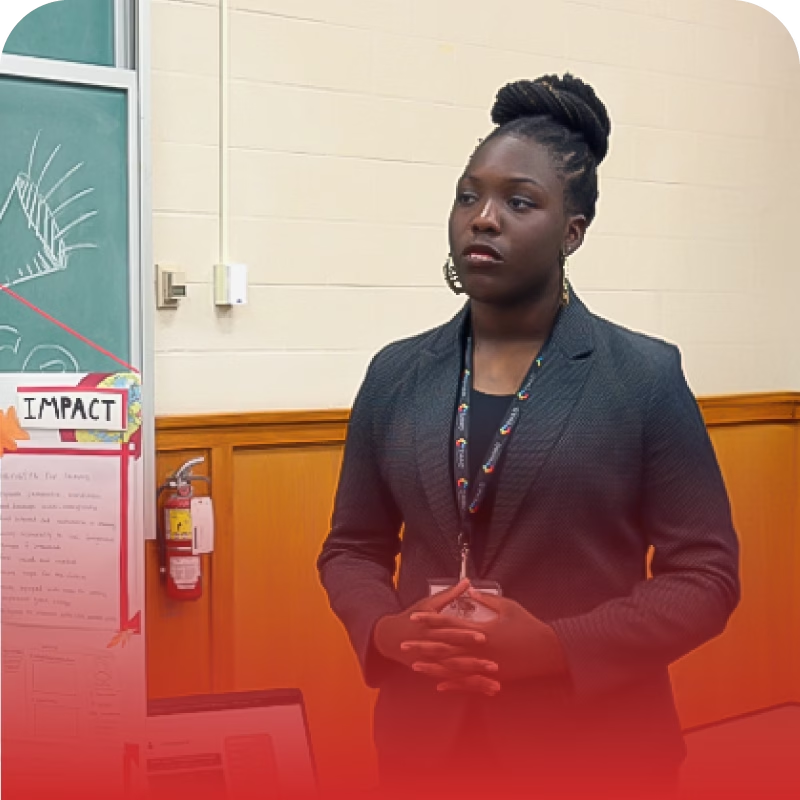Q: How did you find the Shad Unplugged experience?
When first coming to Shad Unplugged, I assumed that I would freak and become a bit panicked to not have my phone with me. But in reality, I feel that I was able to better connect with my fellow Shads by being unplugged. Participating in hands-on activities and activities that relied on collaboration really helped to keep us all in the moment and is something that most of us felt was a really effective learning method. These activities helped us to develop trust among each other, a trust that really blossomed into lifelong friendships. Without the use of our phones, we were able to become more open with each other and fully immerse ourselves in the Shad experience. And without social media as a constant in our day-to-day life, we were able to establish a safe space for everyone.
Q: How did being Unplugged contribute to your overall experience and ability to connect with your peers?
I feel that ShadOnCampus helped me to better develop my confidence in both social and academic settings and being unplugged and present helped that growth. Over the course of the month, we participated in multiple group activities, exercises, and lessons that helped us develop a newfound confidence in ourselves, which was evident in how we each progressed through the rest of the program, resulting in lifelong connections with each other and incredible design projects.

Q: What would you tell future Shads about Shad Unplugged?
I would like to clear up a misconception that me and many of my fellow Shads had before beginning Unplugged, which is that when attending Unplugged, you will no longer have a phone. We no longer had our smartphones but were supplied with flip-phones (phones with less capabilities than our smart-phones).
Q: What was the biggest takeaway from your Unplugged Shad experience?
Unplugging has helped me better develop my confidence in academic spaces. Phones, which are sometimes used as a social crutch, can prevent us from exploring our true potential in academia. Having that removed helped me to better develop valuable working skills that I had previously not been utilizing, which has improved my productivity, collaborative skills, and academic confidence both inside and outside of the classroom.
